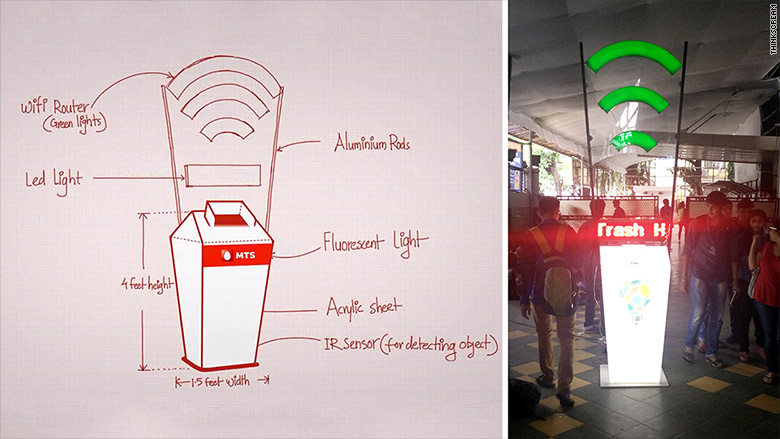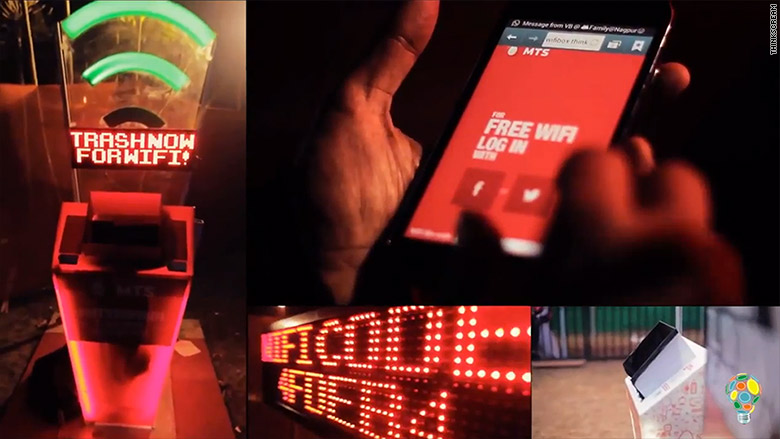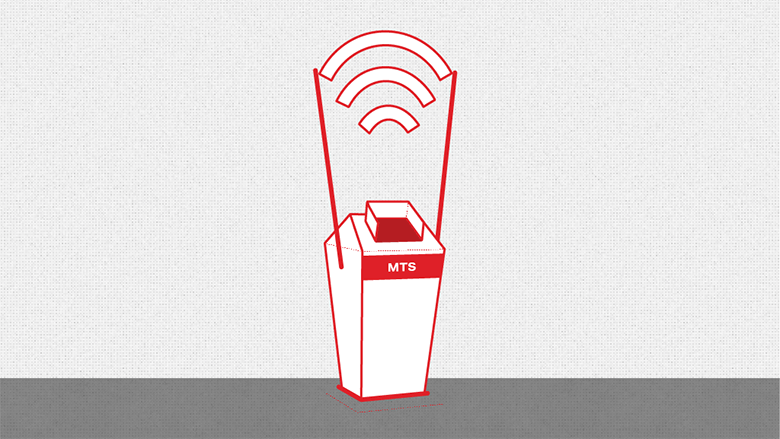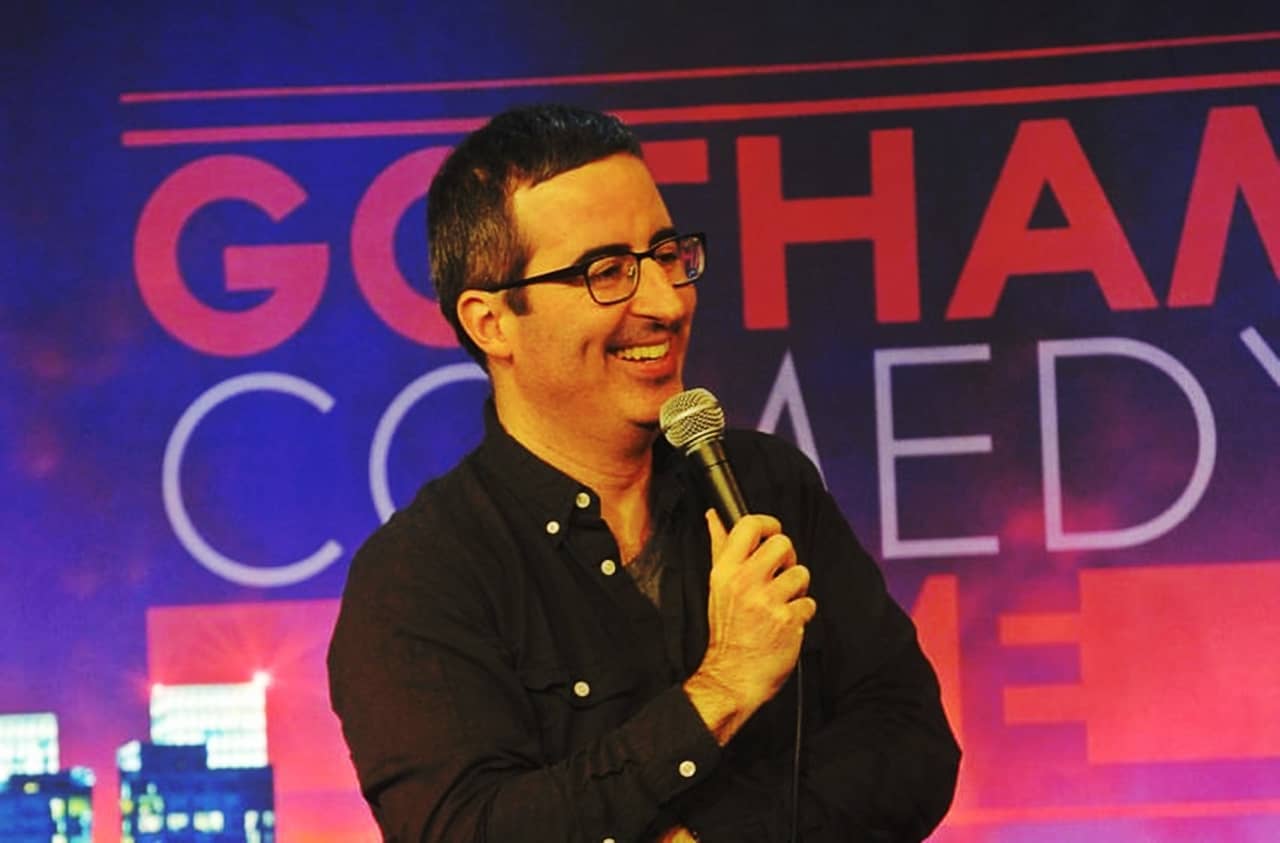
The trash can is in the trash can.
This is a simple civic lesson that has frustrated two Mumbai entrepreneurs for many years.
“India is a country where people love to break the rules,” said Raj Desai, co-founder of startup ThinkScream.
“We see it on roads where no one is driving in the lane. We see it in a way that disregards public places by dumping trash where people want.”
So Desai and co-founder Pratik Agarwal came up with the idea of rewarding people for throwing things away.
Related: Inside a colorful taxi in Mumbai
The idea for the smart trash can was born in 2013 at the popular Bangalore Music Festival.
“Plattic and I got lost and it took us two hours to find each other,” Desai said. “I realized that I needed to come up with a solution to keep people connected at these events.”
They were also hit by a large amount of garbage everywhere.
So Desai and Agarwal both invented the trash can at the age of 26. The trash can have 15 minutes of free Wi-Fi every time you throw something away.

The plastic bottle (which costs about $ 1,470) is 4.5 feet high with an LED screen. When you throw something in, the screen-specific code flashes to access 15 minutes of Wi-Fi (featuring within a radius of 50 meters).
ThinkScream has partnered with a local carrier to debut six smart bins at the 2014 Music Festival.
Since then, the startup has received a lot of inquiries from companies that see it as a viral branding opportunity, Desai said.
“But that wasn’t our intention,” he said. “It wasn’t a gimmick. It was intended to be a catalyst for the general public to change their behavior and stop littering.”
Related: Delhi reinstates car restrictions to clean the air
Using technology to change behavior is what Desai and Agarwal tried to achieve when they launched their startup in 2012.
ThinkScream has devised an innovative way to provide Wi-Fi to Indian consumers.
The company’s flagship product, customized for Mumbai cinemas, allowed people to use Wi-Fi to order food from the kiosk and deliver it to their seats. They deployed it in 60 theaters in Mumbai. ThinkScream has also partnered with music festival organizers to provide participants with easy Wi-Fi access.

How successful is the bin? It’s too early to say, Desai said.
“We haven’t done a back-and-forth analysis yet, but anecdotally, we know that people like to use bins for great elements first and then for free WiFi,” he says. I did.
ThinkScream does not currently have smart bins deployed (although there are some test bins at events and colleges). However, Desai is encouraged to keep in touch to see how private companies and government agencies can deploy trash cans in big cities like Mumbai.
Desai’s hometown of Mumbai is India’s most populous city with more than 18 million inhabitants.
It is also the fifth largest producer of solid waste in the world. May 2015 Report According to the minutes of the National Academy of Sciences.
According to India’s Central Pollution Commission Administration, the city produces over 7,000 tonnes of solid waste daily. And much of that waste isn’t properly contained in the trash.
“It’s unhealthy and can lead to illness,” Desai said.
Related: This plastic toilet can save lives
Free Wi-Fi can seduce people in urban environments where more residents have access to their mobile devices. But what about the regions?
Desai said he was already thinking about how to fine-tune the design of the bottle.
“We use interactive images of celebrities instead of free Wi-Fi,” he said. One example: Indian cricket player Sachin Tendulkar.
“The LED screen can show a picture of Tendall Karl frowning, but throwing the trash in the trash can make him smile,” Desai said.
Desai wants to have smart trash cans all over India right away, from cinemas and malls to public spaces and local communities.
“This is just one way to help change the way Indians think,” says Desai. “I hope bureaucracy does not slow us down.”
CNNMoney (New York) February 23, 2016 First Edition: 1:13 AM ET
- Top Lead Generation Companies | Cleverly Lead Generation Reviews In English
- Are Online Business Degrees Credible | Best Business Administration Degree
- Crazy LinkedIn Lead Generation Tool
- Business Management Tools
- How Landbot Can Make You Millionaire | What Is A Chatbot?
Source link














